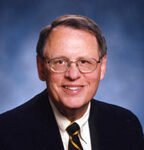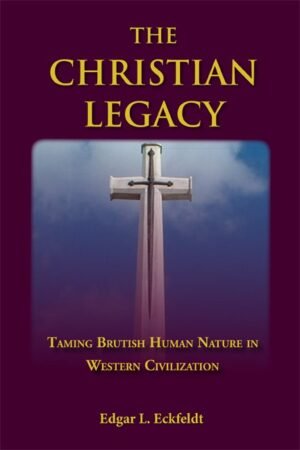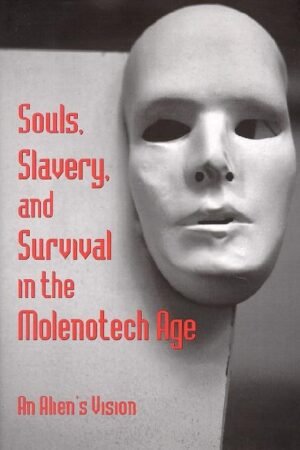Description
“Compiled by two of the world’s greatest Holocaust scholars, this volume transmits the prophetic testimony of the Event’s most profound witnesses.” —David Patterson, Hillel A. Feinberg Chair in Holocaust Studies, University of Texas at Dallas
“The blend of historical scholarship, personal testimony, and ethical inquiry helps us to confront the Shoah unflinchingly, and then to reflect on its implications with our hearts, souls, and prudent judgment.”—Björn Krondorfer, Director, Martin-Springer Institute, Northern Arizona University
“This book awakens new generations of students and teachers to face the history and legacy of the Holocaust and encourages their commitment to the promise and necessity of a vibrant democracy.”—Margot Stern Strom, Founder and Executive Director Emeritus, Facing History and Ourselves
“This is a valuable and comprehensive collection of articles, all of which are of near classic status, written by authors who are among the best and most influential Holocaust scholars.”—Steven T. Katz, Slater Professor of Jewish Holocaust Studies, Boston University
“Of particular value for contemporary religious reflection and ethical perspectives are the essays by Wiesel, Fackenheim, Greenberg, and others on how we might speak of God in this post-Holocaust era.”—John T. Pawlikowski, OSM, Professor Emeritus of Social Ethics, Catholic Theological Union, Chicago
“This volume is a must-read for anyone struggling to comprehend the Holocaust and its ethical implications.”—Sarah K. Pinnock, Professor and Chair of Religion, Trinity University
Holocaust: Religious and Philosophical Implications is an anthology specifically designed for use as a textbook for courses on the Holocaust in universities and adult study groups. It is a complilation of what are now “classic” pieces in the voluminous literature on the Holocaust – pieces by Raul Hilberg, Hannah Arendt, Primo Levi, George Steiner, Richard Rubenstein and Irving Greenberg – all organized around what the editors have found to be the most often asked questions by their students: (1) Is the Holocaust unique? (2) What really happened in the ghettos and death camps? (3) Who knew what was going on? (4) How could people do the things they did? (5) What about God?
Governed by the thesis that the Holocaust left fundamental questions, Holocaust: Religious and Philosophical Implications, in addition to being organized around the five themes identified above, addresses the multiple implications of complexities such as resistance during the Holocaust, and Jewish and Christian identity after Auschwitz.
Table of Contents
Preface
PROLOGUE
Michael Berenbaum and John K. Roth, Who, What, Where, When, How?
Chronology
PART ONE: “What If the Holocaust Is Unique?”
André Neher, The Silence of Auschwitz
Yehuda Bauer, The Place of the Holocaust in Contemporary History
Gerd Korman, The Holocaust in American Historical Writing
Lucy S. Dawidowicz, Thinking about the Six Million: Facts, Figures, Perspectives
David W. Weiss and Michael Berenbaum, The Holocaust and the Covenant
Michael Berenbaum, The Uniqueness and Universality of the Holocaust
PART TWO: “Is It True What One Hears of Selections, of Gas, of Crematoriums?”
Primo Levi, The Drowned and the Saved
Raul Hilberg, The Ghetto as a Form of Government
Yehuda Bauer, Forms of Jewish Resistance During the Holocaust
Tadeusz Borowski, The People Who Walked On
Jean Améry, Torture
Robert Jay Lifton, “This World Is Not This World”
Terrence Des Pres, Excremental Assault
Lawrence L. Langer, The Dilemma of Choice in the Deathcamps
David Roussel, The Dead Stars Pursue Their Courses
John K. Roth, On Losing Trust in the World
PART THREE: “Where Is God Now?”
Elie Wiesel, Selections from Night
Richard L. Rubenstein, The Dean and the Chosen People
Emil L. Fackenheim, The 614th Commandment
Eliezer Berkovits, In the Beginning Was the Cry
Irving Greenberg, Cloud of Smoke, Pillar of Fire
Richard L. Rubenstein and Elie Wiesel: An Exchange
EPILOGUE
Michael Berenbaum and John K. Roth, Why?
Index
MICHAEL BERENBAUM was the Director of the United States Holocaust Research Institute of the US Holocaust Memorial Museum and the Goldman Adjunct Professor of Theology at Georgetown University. From 1988-1993, he served as Project Director of the United States Holocaust Memorial Museum, where he was responsible for the conceptualization and development of the Museum’s permanent exhibition. Berenbaum is the President and CEO of The Survivors of the Shoah, A Visual History Foundation, located in Los Angeles, CA.
JOHN K. ROTH is the Pitzer Professor of Philosophy at Claremont McKenna College, where he has taught since 1966. In 1988, he was named National Professor of the Year by the Council for Advancement and Support of Education and the Carnegie Foundation for the Advancement of Teaching. Roth is a member of the United States Holocaust Memorial Council in Washington.








Reviews
There are no reviews yet.